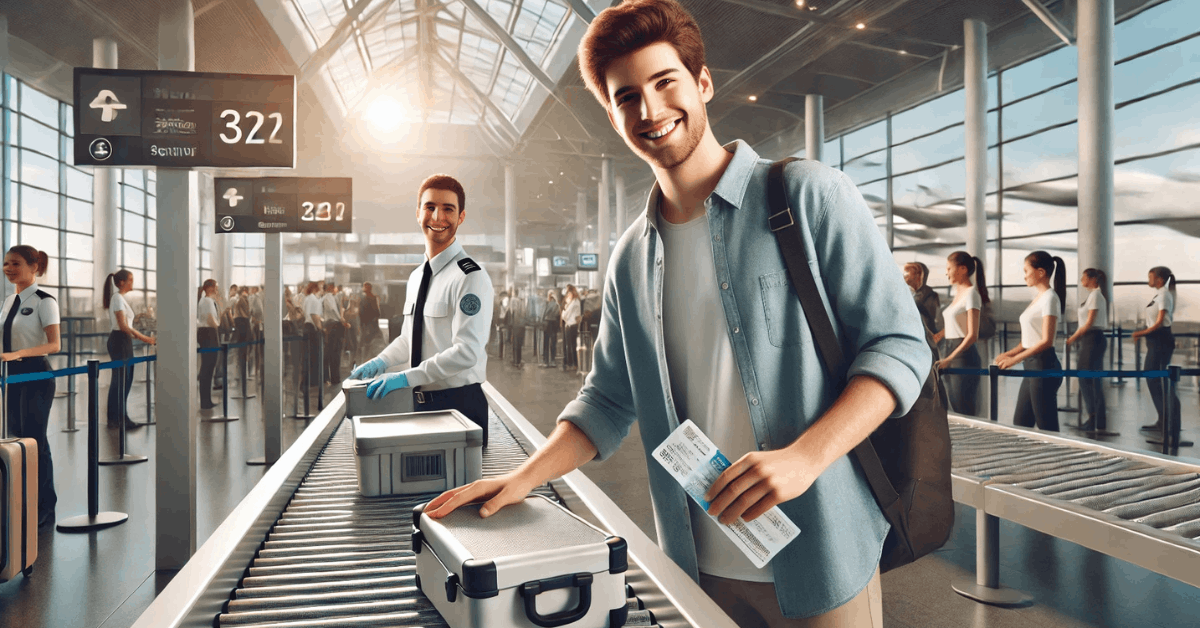Traveling alone is freeing but comes with risks. This article shares safety tips for solo travelers.
Staying prepared helps you avoid problems. Follow these tips to stay safe and enjoy your trip.
The Growing Trend of Solo Travel
More people are exploring destinations on their own. Solo trips offer freedom and flexibility. However, traveling alone requires extra caution.
Proper planning can reduce risks and ensure a smooth experience. This article highlights critical practices to help you stay safe.
Planning Your Trip
Preparation is the foundation of a safe journey. Start with careful research and essential arrangements.
Research Your Destination Thoroughly
Learn about local customs, laws, and safety concerns. Avoid areas with frequent safety issues.
Use trusted sources like government websites or travel forums. Being informed minimizes unexpected risks.
Inform Someone About Your Itinerary
Share your schedule with someone you trust. Include your transportation details, accommodations, and return date.
Send regular updates to let them know you’re safe. Keeping someone informed ensures support if needed.
Ensure Travel Insurance is in Place
Choose insurance that covers medical emergencies and lost belongings. Review the policy details before purchasing.
Travel insurance offers peace of mind for unforeseen issues. Being insured makes handling emergencies easier.
Accommodation Safety
Your choice of accommodation plays a significant role in your safety. Pick secure options and remain cautious.
Choose Well-Reviewed Accommodations
Stay in places with positive reviews focused on safety. Avoid accommodations with consistent safety complaints.
Look for recommendations on reliable platforms. Your stay should provide both comfort and security.
Check for Security Measures
Opt for places with 24/7 reception, cameras, and secure locks. Ensure your room and the building have strong security features.
A well-protected accommodation reduces risks. Always prioritize safety over price.
Keep Your Accommodation Details Private
Avoid sharing your stay information with strangers. Be cautious about posting location updates online.
Share details only with trusted individuals. Keeping your plans private minimizes potential dangers.
Health and Emergency Preparedness
A healthy and prepared traveler handles challenges better. Take steps to stay safe and ready for emergencies.
Know the Emergency Numbers
Save local numbers for police, ambulance, and fire services. Keep them accessible at all times.
Quick access to these numbers ensures faster help. Acting swiftly can prevent worse outcomes.
Carry a Basic First-Aid Kit
Include essentials like bandages, antiseptics, and personal medication. A small kit can efficiently address minor injuries.
Keep it in your bag for easy access. Being prepared helps in unexpected situations.
Be Aware of Vaccination and Health Guidelines
Check for required vaccines and health alerts before traveling. Follow local health recommendations to avoid illness.
Staying proactive protects your well-being. Your health should always be a priority.
Personal Safety
Staying alert and prepared is crucial to your safety; making smart choices can help avoid risks.
Blend in with the Local Culture
Wear clothes that match local customs to avoid standing out. Avoid flashy items like jewelry or gadgets.
Learn basic greetings or gestures to connect better. Acting respectfully can help you stay unnoticed.
Avoid loud or attention-grabbing behavior. Blending in reduces unnecessary attention.
Always Have a Plan for Where You're Going
Know your destination and route ahead of time. Avoid wandering without purpose, especially in unfamiliar areas.
Use maps or navigation apps to stay on track. Share your plans with someone you trust.
Always have a backup plan if something changes. Being prepared ensures you stay safe and focused.
Avoid Risky Behaviors and Areas, Especially at Night
Stay in well-lit and populated areas, especially after dark. Avoid isolated spots or unfamiliar shortcuts.
Don’t engage in unsafe activities like excessive drinking. Trust your instincts and leave if something feels wrong.
Always prioritize safety over convenience. Risky choices can lead to avoidable trouble.
Keeping Valuables Safe
Protecting your essentials reduces stress and prevents losses. Simple steps can help secure your items.
Use Theft-Proof Bags or Clothing
Pick bags with anti-theft features like lockable zippers or hidden pockets. Use crossbody bags to keep them close and secure.
Avoid carrying open or loose bags. Keep your bag in sight at all times.
Choose clothing with hidden compartments for extra security. These small steps make theft less likely.
Keep Valuables Like Passports and Money in Separate Places
Split your essential items across different bags or pockets. Avoid storing everything in one spot.
Keep smaller amounts of cash accessible for daily use. For larger quantities, use a secure pouch or hidden pocket.
This reduces the risk of losing everything at once. Being organized adds an extra layer of safety.
Use Electronic Copies of Important Documents
Save digital backups of your passport, IDs, and tickets. Store them securely on your phone or email.
Accessing copies is helpful if originals are lost or stolen. Use apps or cloud storage for easy retrieval.
Keep these files private and protected. Digital backups ensure you’re prepared for emergencies.
Technology to Enhance Safety
Innovative technology can make solo trips safer and more convenient. Use these tools to stay connected and secure.
Use GPS and Map Apps to Navigate
Apps like Google Maps or offline GPS tools help you find your way. Plan your routes to avoid unsafe areas.
Share your location with someone you trust through apps. Stay aware of your surroundings while using devices.
Regularly update your apps for better accuracy. Relying on trusted tools can help you stay on track.
Keep a Portable Charger
A fully charged device is crucial in emergencies. Carry a lightweight, portable charger for your phone or GPS.
Charge the device before heading out for the day. Choose a charger with enough capacity for multiple charges.
A backup ensures your devices remain functional when needed. Don’t let a low battery leave you stranded.
Use Security Apps for Real-Time Updates
Some apps provide real-time alerts for safety concerns. These tools can help you make informed decisions during your trip:
- bSafe: bSafe shares your location and alerts contacts during emergencies.
- GeoSure: GeoSure gets safety ratings and real-time updates on neighborhoods.
- WhatsApp or Messenger: Enable live location sharing with trusted people.
Conclusion: Essential Safety Tips for Solo Travelers
Solo trips can be safe with proper precautions. Tools, planning, and awareness reduce risks.
Securing items and using technology ensure smoother journeys. These safety tips help you explore confidently.

















